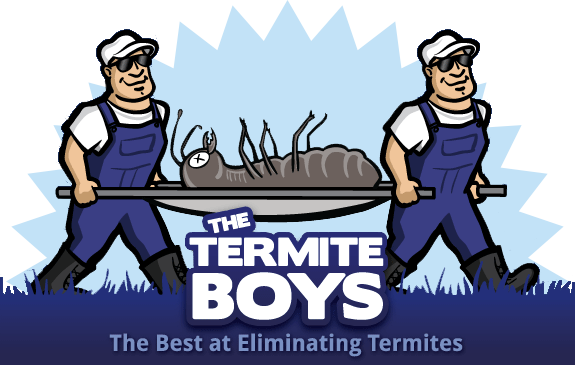When it comes to the structural integrity of our homes, termites stand as one of the most formidable foes. Especially in Boston, homeowners need to stay vigilant to prevent termite infestations and mitigate the potential for costly damages. Identifying termites in Boston requires a keen eye and understanding of their behavior and signs of activity.
Identifying Termites in Boston
In Boston, you’re most likely to encounter two main types of termites: subterranean termites and drywood termites. Each has distinct characteristics that can help you identify them.
Subterranean Termites: Underground Invaders
Subterranean termites, as their name suggests, live underground, building elaborate tunnel systems and mud tubes to reach food sources. They’re typically creamy white to dark brown or black, with long, rectangular bodies.
Signs of Subterranean Termites in Boston
One key sign of subterranean termites is the presence of mud tubes on exterior walls, wooden beams, or in crawl spaces. These mud tubes provide a humid and dark environment that protects the termites from predators and harsh weather conditions.
Drywood Termites: The Hidden Threat
Drywood termites live and feed on dry wood, making them a significant risk for homes and other wooden structures. Unlike their subterranean counterparts, they don’t need soil contact. Drywood termites are usually light brown and slightly larger than subterranean termites.
Signs of Drywood Termites in Boston
If you spot piles of small, ridged, wood-colored droppings around your home, you may be dealing with a drywood termite infestation. These droppings, known as frass, are a clear indication of drywood termite activity.
Damage Caused by Termites in Boston
Both subterranean and drywood termites can cause extensive damage to your property. Subterranean termites primarily damage the foundation of your home, while drywood termites can ruin your furniture, framing, and even flooring.
Understanding Termite Damage
Termite damage can often go unnoticed until it’s too late. Some common signs include buckling wood, swollen floors and ceilings, visible mazes within walls or furniture, and a scent similar to mildew or mold.
Cost of Termite Damage in Boston
Termites cause billions of dollars in damage across the U.S. every year, and Boston is no exception. Depending on the extent of the infestation, the cost of repairing termite damage can run into thousands of dollars.
Preventing Termite Infestations in Boston
Preventing termites begins with understanding their needs: food, moisture, and shelter. By addressing these elements around your home, you can make your property less appealing to these destructive pests.
Regular Inspections
Regular inspections by a professional pest control company can help detect termite activity before it turns into a full-blown infestation. These inspections often include checking the foundation of your home, crawl spaces, wooden structures, and other potential termite hotspots.
Reducing Moisture
Subterranean termites are particularly attracted to moist environments. Therefore, ensuring proper drainage around your home, repairing leaking pipes, and keeping your gutters clean can significantly help prevent a termite infestation.
Proper Wood Storage
If you store firewood or lumber near your home, you’re essentially inviting termites to a feast. Store any wood materials at least 20 feet away from your home and five inches off the ground.
Professional Termite Treatment in Boston
If you discover a termite infestation in your Boston home, it’s crucial to contact a professional pest control service immediately. They have the knowledge, experience, and tools necessary to eradicate the termite colony effectively.
The Importance of Professional Treatment
While there are DIY termite treatments available, they’re usually not as effective as professional treatment. Professionals have a thorough understanding of termite behavior and can provide targeted, comprehensive treatments to eliminate the entire colony.
Termite Treatment Options
Common termite treatment options include soil treatment, wood treatment, and bait systems. A professional pest control company will be able to recommend the most suitable treatment for your specific situation.
Conclusion
Identifying termites in Boston can be a challenging task, but armed with the knowledge in this guide, you’re well-equipped to spot signs of infestation and take the necessary actions. By staying vigilant, conducting regular inspections, and acting swiftly at the first sign of trouble, you can protect your home from these destructive pests.

